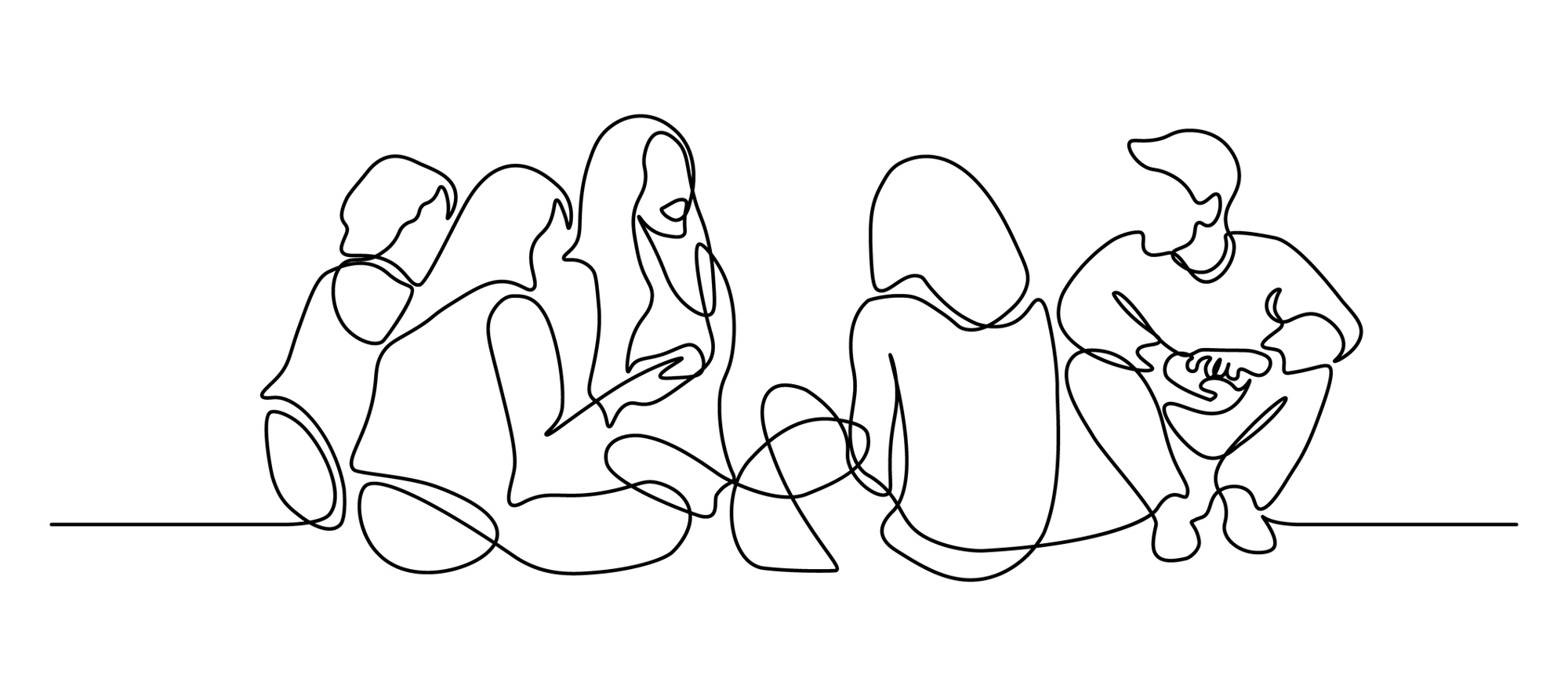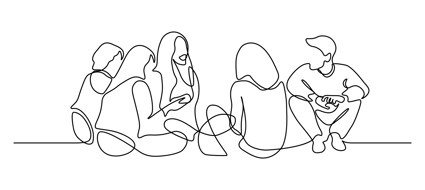A new collaborative project involving safeguarding partnerships, reviewers and researchers, will test and co-develop solutions so that partnerships are well supported to undertake reviews, generating learning so that children and young people are better protected.
Learning from when a child suffers a serious incident or death, due to abuse or neglect, is far from simple. A new project is collaborating with ten safeguarding partners to explore what is working well in the Local Child Safeguarding Practice Reviews (LCSPRs) process and where the challenges are.
Commissioned by the Child Safeguarding Practice Review Panel (the panel), it will explore:
- What we know about the value and quality of LCSPRs.
- The process for conducting high quality reviews.
- Where are there opportunities for learning across the process.
The panel intend to use the findings from the project to help safeguarding partnerships improve LCSPRs.
Why focus on the quality of reviews?
The aim of LCSPRs is to identify improvements that can be made to safeguard and promote the welfare of children. Reflecting on the process for identifying and drawing out what needs to improve is therefore critical.
This project will deepen knowledge about some of the common challenges identified around the LCSPR process by providing opportunities for partners to share their experiences. Issues like those outlined in the panel’s annual report:
Reviews can take a long time. Where this is the case, it can be harder to understand what has happened, and therefore identify improvements. Practice changes and professionals move on, making it harder to involve them in any learning.
If a review focuses more on what happened, rather reasons why something happened, factors or drivers in the circumstances around an incident can be obscured. This can limit learning of importance for all professionals working with children and families.
Key characteristics of a child’s identity, such as sex, gender, identity are not always recorded in LCSPRs, and the impact on a child’s lived experience and on practice is not routinely considered. Limited analysis of key characteristics means that systemic practice issues could be missed.
An opportunity to learn from others and improve support for safeguarding partners
If the process isn’t identifying learning in a timely and effective way, then the panel are interested in ways to better support safeguarding partnerships. Panel Chair, Annie Hudson, explains:
‘We know that local safeguarding partners put a lot of time and effort into ensuring they learn from serious incidents, yet external factors and internal constraints mean they can sometimes struggle with delivering timely and effective reviews.
We want to give safeguarding partners the support they need to ensure their review processes, approaches and methodologies can deliver the best impact and improve practice with children and families.’
Surprisingly little is known about the reasons why reviews vary in terms of quality, approach and context; or how findings and recommendations are crafted.
This project is an opportunity for partnerships and reviewers to learn from each other, and hear about promising practice, including:
There might be ways of undertaking reviews that more partnerships could learn about and benefit from. It is not known if different review methodologies impact upon the quality of reviews, or quality of learning. We are interested in where the process is getting in the way of learning in a timely way or creating a ‘tick box’ approach.
The project will build evidence around what is being done to engage families and professionals effectively. It seeks to understand how their experiences can better feed into the learning of the LCSPR process.
Mechanisms for translating insights into action, such as how learning is shared, followed up on or leading to practice or system changes, will be explored. There will be more to delve into on whether LCSPRs have the desired impact on the system, but this project will renew a conversation about the purpose and efficacy of the ‘learning system’.
Building collective knowledge
We are working collaboratively with partners and professionals to iteratively build on our existing and collective knowledge and identify solutions. This means defining what we think we know in the context of the experiences of safeguarding partners and reviewers; and drawing on the expertise of the national panel and safeguarding partners to generate project learning.
At each stage of the project, we triangulate evidence from research, professional knowledge, and lived experience to form a rounded picture.
Differences and possibilities
Partners and independent reviewers will come together in interviews, and speak to us individually. This will provide them with an opportunity to reflect on what went well in the process of a particular LCSPR, what were the opportunities for learning, and where could things be done differently.
We expect to hear about lots of different ways of doing LCSPRs, as the policy framework encourages creativity, but also because safeguarding partnerships have varied structures, boundaries and local cultures.
By adopting a realist evaluation methodology to capture ‘what works, for whom and in what circumstances, to what extent and why’ (Pawson & Tulley, 1997), we will account for these differences and help to ensure that final recommendations are useful for partners across the country.
The project is delivered by Research in Practice in partnership with the University of East Anglia and Vulnerability, Knowledge and Practice Programme.
We will be sharing learning and reflections over the coming months in a series of blogs, videos and briefings.
To talk to us about the project, or hear about opportunities to get involved, contact: projectsupport@researchinpractice.org.uk.


